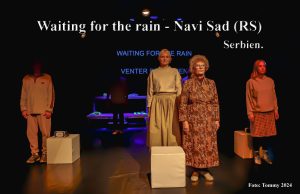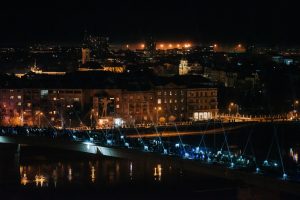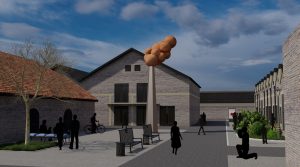Petr Simon, the foreign advisor of the ‘Novi Sad 2021’ project, participated at the ‘Beyond the Obvious / Europe, quo vadis?’ conference held in Budapest in late January. The conference was organised by the Culture Action Europe, the biggest umbrella organisation supported by the EU institutions, which represents the cultural sector on the European level, and is a place for exchanging ideas and promotion of culture as the basic human right in order to improve society and everyday life.
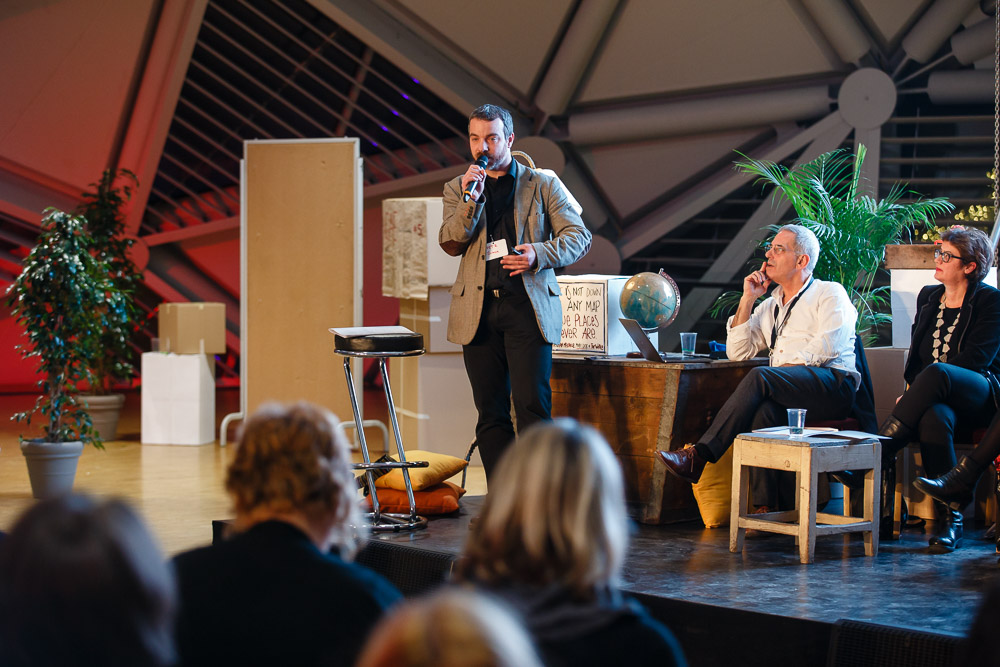
One of the panels of the conference was the round table entitled ‘The Next Challenges for the European Capitals of Culture’ moderated by Mr Chris Torch, founder of the ‘Intercult’ independent production group based in Stockholm, and artistic director of the ‘Timișoara 2021 – European Capital of Culture’ project. The panel was characterised by lively discussion and exchange of ideas about cultural strategies in European Capitals of Culture, with an aim to find overlapping between bid-books submitted during the application process for the ECoC title and the existing city cultural strategies. As it was pointed out, a cultural strategy, which has become the integral part of the offer within bid-books, very often brings new practices in public policies, activates participation process, and gives opportunity for citizens to become active participants in changes.
During the conference, it was stressed that there are numerous challenges that European Capitals of Culture face, among which the most important ones are the following: fact that the culture has become the relevant topic in the public discussion and not just ‘cherry on top’;finding a way to overcome obstacles faced by cultural participation and unequal approach of all cultural factors;the need to developed democracy and transparency; changes in the way of thinking;establishing cooperation and not competition in the field of culture and social activities. On the other hand, the biggest threats for European Capitals of Culture are different expectations, both from direct and indirect participants in the project, as well as from citizens themselves. Another potential danger that was mentions is the increased ‘festivalisation’ of the ECoC project, i.e. reconfiguration of the traditional format of culture and cultural events. Furthermore, it was concluded that perceived dangers include sustainability of the project, bureaucracy, i.e. slow administration and tendency to avoid democratic principles in order to speed up the process.
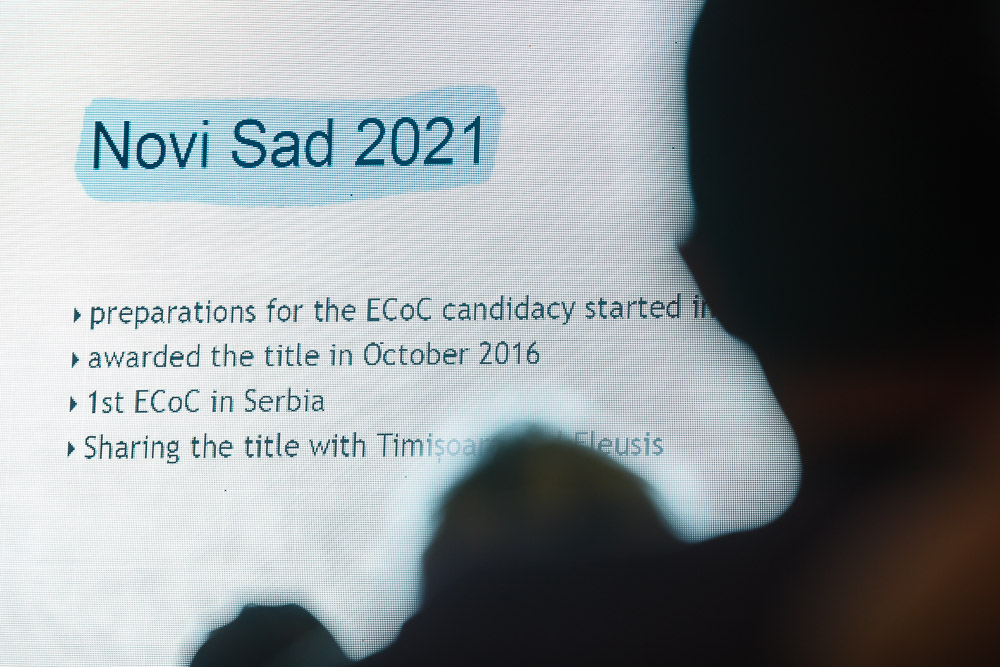
We would like to use this opportunity to underline that the ‘Novi Sad 2021’ team, which has prepared the project used to bid for the ECoC in 2021, and which was the base for founding the ‘Novi Sad 2021 – European Capital of Culture’ foundation that coordinates the implementation of this important project, insisted on participation, democracy and transparency from day one. The bid-book for the ECoC 2021 is completely compatible with the Strategy of the Cultural Development of the City of Novi Sad, which is, among other things, adopted during the bidding process for this prestigious title.
